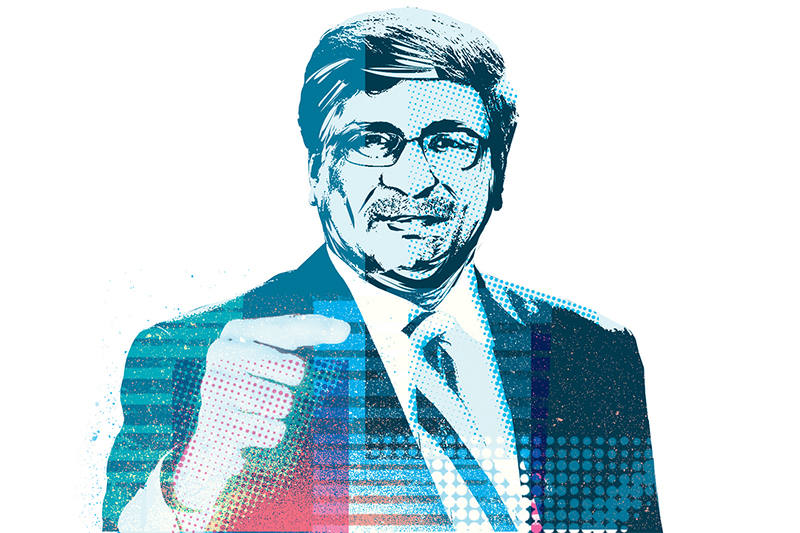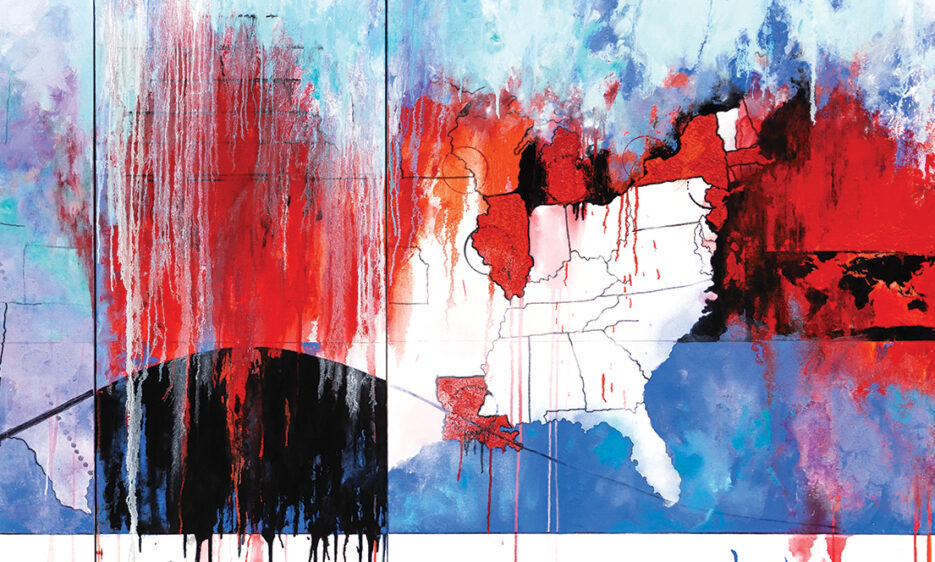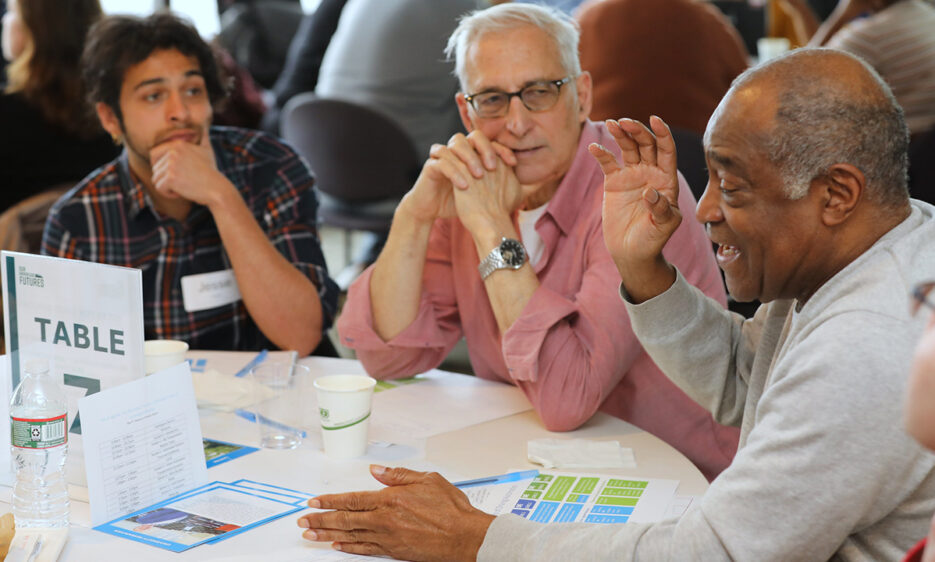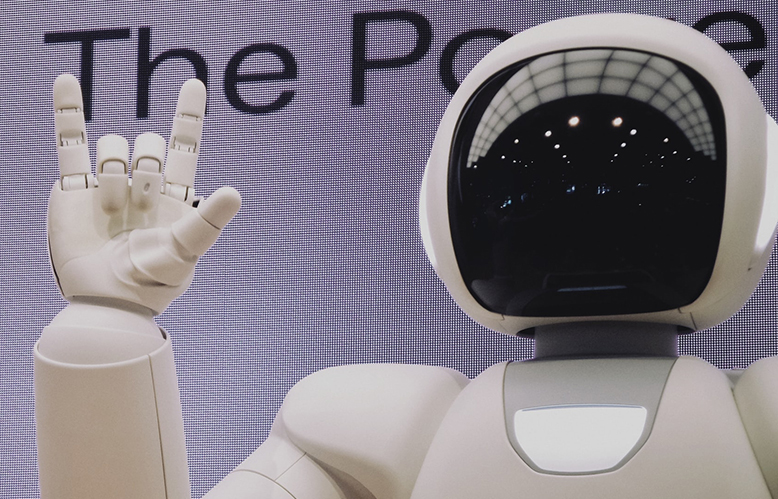CSPO News
-

A Vision for the Future
Taking On Big Questions
Congress established the National Science Foundation in 1950 to “promote the progress of science; advance the national health, prosperity, and welfare; secure the national defense; and for other purposes.” What’s the best way to ensure that NSF fulfills this mandate?
-

At the Vanguard
National Science Foundation Director Sethuraman Panchanathan spoke with Issues about about his vision for the agency, keeping the United States at the forefront of global science, and diversity as a driver of innovation.
-

Infrastructure in the Anthropocene
Humans are rapidly approaching a period of destabilization that requires new thinking and competencies for how we approach infrastructure into the future.
It’s time to rethink the relationship with the core systems that serve as the backbone for virtually every activity and service that society demands. New accelerating and interactive forces are redefining what infrastructure can and should do, and how it should function on a planet dominated by human systems. Read the first chapter of Mikhail Chester and Braden Allenby’s indispensable new book, The Rightful Place of Science: Infrastructure in the Anthropocene.
-

17 Visions of Our Postpandemic World
COVID-19 marks a transition between a past where we were much less prepared than we should have been, and a future that invites us to try to do better.
-

Science policy: For the public, by the public
An ASU team led by CSPO Associate Director Mahmud Farooque calls on the Biden administration to create a special Participatory Technology Assessment unit to support policy decisionmaking.
The team, in collaboration with the Day One Project, suggests that the outcomes of science and technology decisionmaking will improve through dialogue with informed, nonexpert citizens who are generally underrepresented in science and technology policymaking.
-

Not That Smart
AI should serve, not compete with, human intelligence
AI should advance human agency, rather than replace it. How can we assure that AI design and policy is human-centered?
-

Out of Chaos Comes Creativity and Innovation
What Nurses Know About Innovating “In the Here and Now”
The pandemic has shattered norms of medical knowledge production, revealing the key role of nurses—and trust—in innovation.
-

Who should have a say on editing DNA?
ASU Consortium for Science, Policy and Outcomes joins global efforts to bring public values for anticipatory governance of gene editing technologies
CSPO is working on a series of three closely connected projects to assist with global citizen deliberations on gene editing. These efforts reinforce a call from 25 leading researchers from around the world for the creation of national and global “citizens’ assemblies,” made up of lay-people, tasked with considering the societal implications of this emerging science.
-

Public Value Science
In an increasingly unequal society, America’s science policies are a regressive force. They need to be refocused on creating benefits for all people.
In an economic environment characterized by growth but also by extreme inequality, science and technology not only reinforce inequality but also, in some instances, help widen the gap. Science and technology can be a regressive factor in the economy.